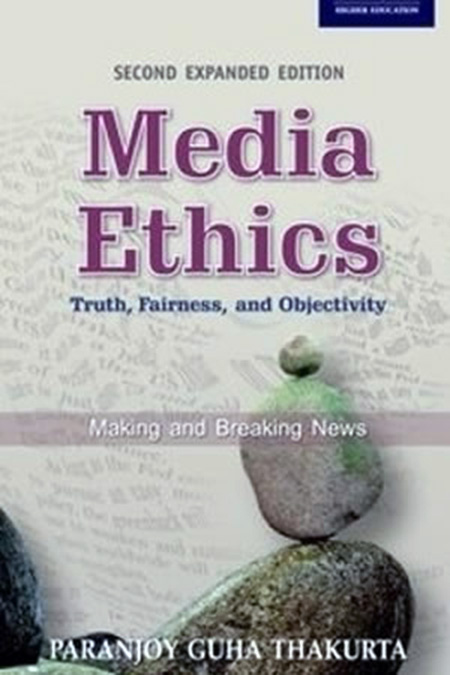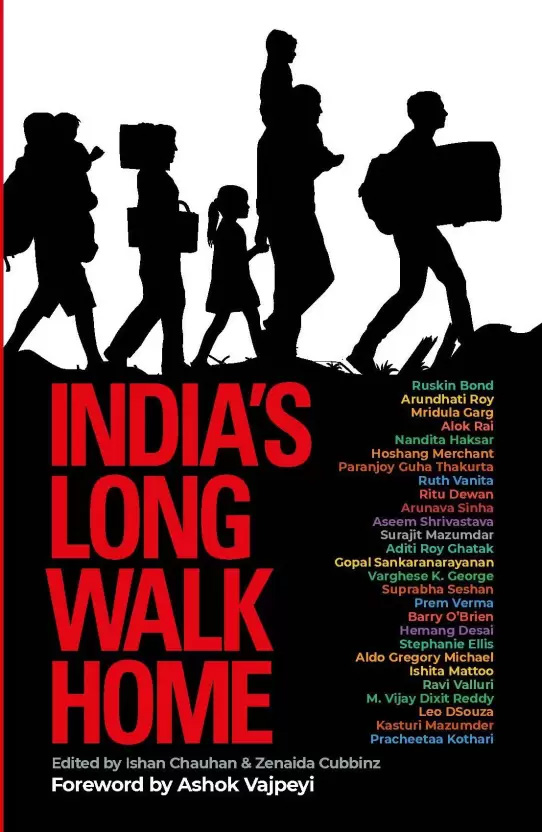In the picture above, published in the Indian media on 22 May, Narendra Modi is leaving the western state of Gujarat, where he had been chief minister for 12 years, to be sworn in as prime minister of India. As he waves to people seeing him off at the airport in the city of Ahmedabad, the logo of the private aircraft carrying him is clearly visible: Adani.
Gautam Adani, 52, one of India's richest men, is a businessman who is not shy of displaying his proximity to India's most powerful person. For somebody who dropped out of college in Mumbai in 1978 to trade in diamonds and plastics, Mr Adani has truly gone places.
But his wealth has caused problems, with the tycoon being kidnapped and held for ransom in 1997. A man is currently facing trial. These days, Mr Adani heads a corporate conglomerate that is India's biggest operator of ports, as well as its largest private producer of electricity.
The Adani group also has substantial interests in coal mining, civil construction, logistics, international trade, education, real estate, edible oils and food storage. His companies currently trade in more than 30 commodities and have interests in at least 28 countries, including Australia and Indonesia.
In 2003-04, the group became India's highest foreign exchange earner. Mr Adani has not looked back since. Over the last year alone, the market capitalisation of companies in the Adani group has grown by more than 250%. The turnover of his business empire has jumped from $765m in 2002 to nearly $10bn today - a period that roughly coincides with Mr Modi's rapid rise to power.
The friendship between the two men goes back to 2002 when Gujarat was rocked by Hindu-Muslim riots. Mr Modi had been criticised for not doing enough to bring the situation under control at that time by business figures affiliated to the Confederation of Indian Industry, an influential association.
But Mr Adani took the lead in assembling other entrepreneurs from Gujarat to rally around Mr Modi, who was trying to play down the violence and promote his state as a destination for investors. Mr Adani even threatened to form a parallel body of industrialists.
So in March last year when Mr Modi was dropped as a keynote speaker at an event at the Wharton School of Business in the US after protests by teachers and students, the Adani group, one of the main sponsors of the event, withdrew financial support.
The Gujarat government has been accused of granting large tracts of land to his group at throwaway prices to set up India's biggest port at Mundra on the west coast in violation of environmental norms.
Mundra is where the world's largest coal unloading facility has been built in a "special economic zone" - an industrial enclave area where project promoters don't have to pay taxes.
Construction work in the zone, which contains a power plant, private railway lines and a private airport, had to be stalled due to court orders. Formal environmental clearances were eventually granted by the Supreme Court of India earlier this year.
The group has been in the news recently after the Australian government allowed it to execute a major coal and rail project, which has been opposed by environmental activists.
Media attention
Recently Fairfax Media in Australia published an investigation into the alleged ill-treatment of thousands of construction labourers hired by contractors engaged by the Adani group to build luxury houses on the outskirts of Ahmedabad. The group has argued that it has not violated any law.
Mr Adani's wealth has also attracted the unwelcome attention of India's tax authorities. In May, authorities questioned the group for allegedly over-valuing imports of power equipment by nearly a billion dollars. In February 2010, Mr Adani's brother Rajesh Adani, managing director of the group, was arrested for allegedly evading customs duty.
Despite all the attention, the tycoon has, by and large, been wary of the media, granting few interviews and has been guarded in his remarks.
He has claimed that he has always followed the law and that his proximity to politicians is because his firms are involved in infrastructure projects that require government support. Those close to him have suggested that he has been targeted by Mr Modi's opponents and business rivals. Mr Adani's critics, however, contend that his rise has been on account of his generosity towards political leaders and the prevalence of crony capitalism.


